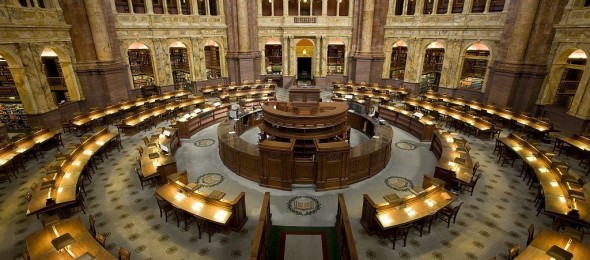Rutgers Law School Assistant Professor David L. Noll has published “Regulating Arbitration,” California Law Review, Forthcoming. In his research paper, Professor Noll examines the effect of arbitration on federal statutory policy with a particular focus on the Consumer Financial Protection Bureau’s proposed rule to regulate arbitration under the Dodd-Frank Act.
Here is the abstract:
Arbitration is everywhere, as are calls to regulate its use in consumer and employment contracts. But when should Congress and federal administrative agencies do so? That is, what is the policy rationale for regulating arbitration through federal legislation and agency action? This Article reveals an overlooked set of consequences caused by the growing use of arbitration — its impact on the implementation of federal statutory policy — and argues that these effects should be a focus of policymakers’ efforts to regulate arbitration through legislation and agency action. In hundreds of statutes, Congress has created financial incentives for private litigants to enforce the law through civil litigation. The enactment of such incentives allows litigants to assert claims that would be too expensive to prosecute under ordinary procedural rules, and, more importantly, allows Congress to calibrate enforcement of federal law. By mandating specific forms of dispute resolution procedure, arbitration can dramatically alter the returns from enforcement of statutes with incentives for private, civil litigation, and, in so doing, subvert or completely undermine congressional efforts to mobilize and calibrate private statutory enforcement. These “enforcement effects” threaten Congress’s ability to accomplish substantive regulatory objectives through private, civil litigation but have received little attention. To illustrate how greater attention to them would affect efforts to regulate arbitration, the Article analyzes the Consumer Financial Protection Bureau’s proposed arbitration regulation under section 1028 of the Dodd-Frank Act and explains how it falls short of ensuring that consumer financial protection laws are enforced in the manner contemplated by Congress.
Professor Noll’s scholarly articles may be downloaded free of charge from the Social Science Research Network.
Photo credit: The Library of Congress via Foter.com / No known copyright restrictions














